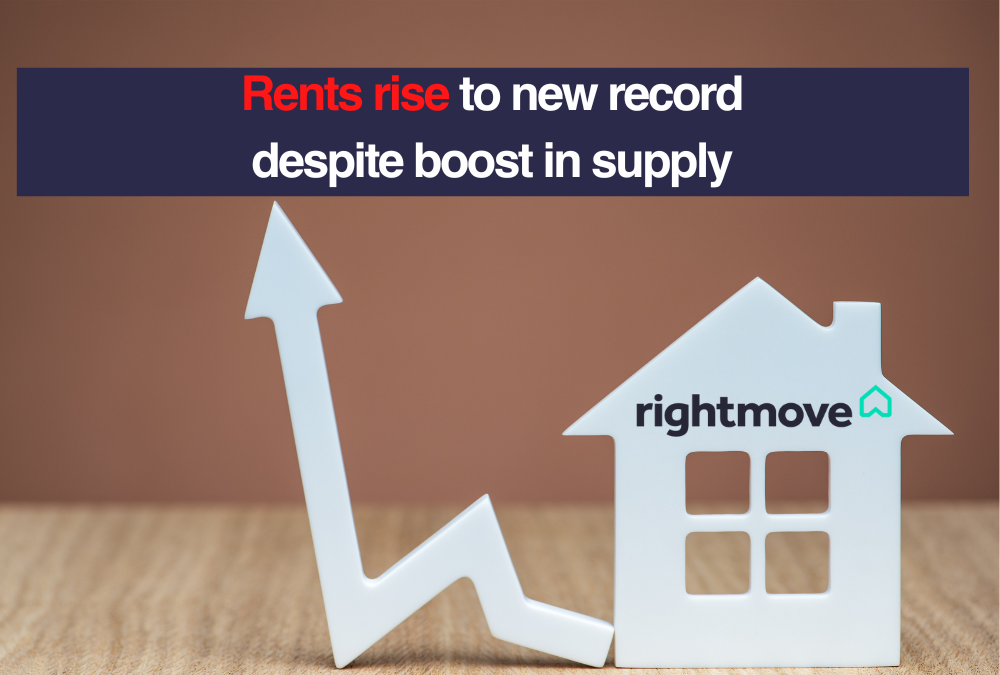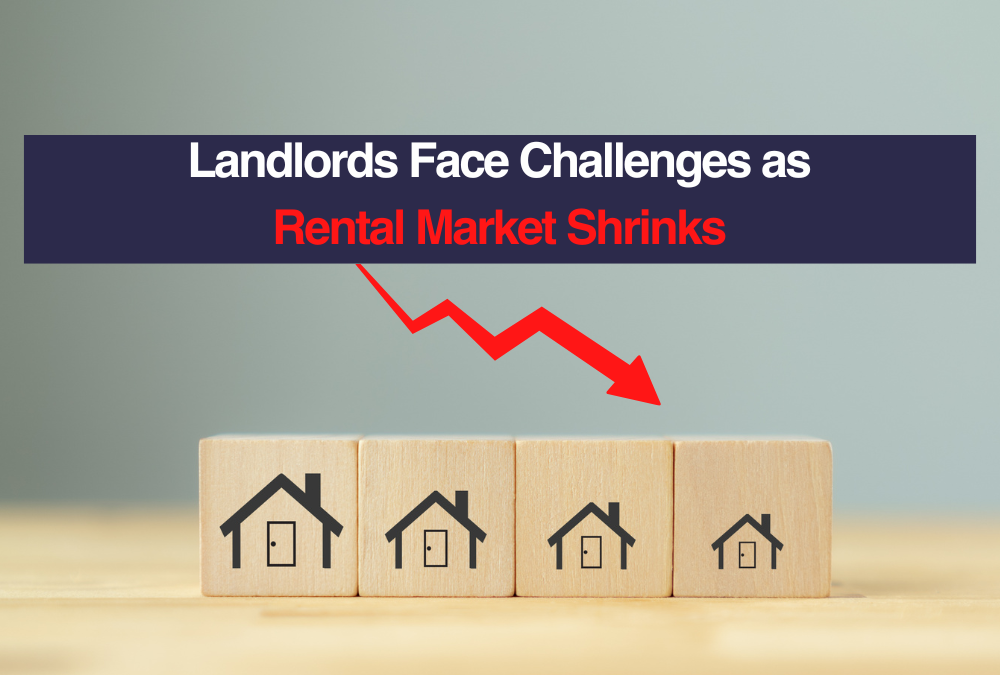A house in multiple occupation (HMO) is a property rented out by at least 3 people who are not from 1 ‘household’, but share facilities like the bathroom and kitchen. It is often referred to as a ‘house share’.
HMOs have become very popular with landlords and developers and due to the increased rental yield they can bring compared to a “single let” where the whole property is rented under one tenancy agreement.
According to the property portal Zoopla, the average gross yield when renting property is 5.2% nationwide. However, when splitting up a property and renting rooms individually rather than letting the whole property, a gross yield of 12% or more can be achieved.
Remember though, that although HMOs are extremely attractive from an initial financial income perspective, they do require more management. Usually a lot more work and time is required in their management… this can sometimes not be factored in by a landlord.
Below is our advice on what to consider when a landlord thinks about potentially setting up a HMO from their property;
Speak to Your Local Planning Department
Before doing anything, speak to your local council to find out what their rules are for HMOs.
Each local authority has the power to set its own planning rules and some councils will require you to apply for planning permission if you want to change the use class from a single-family home to a HMO.
Check with the local planning department whether you’re likely to be granted permission to let your existing property, or a property you plan to invest in, as a HMO – most councils appreciate landlords being diligent and will be happy to advise you.
Be aware also that some councils are exercising control over the density of HMOs in certain areas. They may be unlikely to let you change your property into an HMO if they think there are enough shared houses in that area already.
Check Licensing
The second important thing you need to check is whether you need a licence or not.
Again, the answer to this isn’t straightforward. In England, a property is defined as a HMO if it houses 3 or more unrelated tenants. Under national law this is called a small HMO and does not require a license. If your property houses 5 or more unrelated tenants, it is classed a large HMO and does require a license.
However, just as with planning, each local authority can also impose their own additional or selective licensing rules for HMO’s. That means you might need a licence for even a small HMO with just 3 sharers.
Health and Safety
Let’s just say that, when it comes to HMOs, there are more rules and regulations you need to abide by than with a standard single let, including:
Minimum Room Sizes
Any individual room that’s rented out must meet the national criteria for minimum size, depending on how many people share the room. You also need to consider the ceiling height, as you can only count space where the room height is at least 1.5m (this is sometimes referred to as the “liveable space”).
Again, your local authority has the right to impose its own rules and may require larger rooms, so this is important check with them first. If you are looking to buy a property to convert into a HMO, the last thing you want is to find out you can only legally let 4 out of the 6 rooms you anticipated to rent out.
Fire Safety
Fairly complex fire safety rules apply to HMOs, much more than “single lets” so we advise you to get up to speed on these before undertaking your venture.
Some key fire safety requirements that are different to those for a regular “single let” are;
- Fire doors with automatic closers must be fitted on bedrooms
- Each individual unit must have a smoke alarm internally
- It must be a mains-powered, interconnected fire alarm system
- There may need to be fire extinguishers on each floor (which require servicing)
- If it’s a licensed HMO, there must be a written fire risk assessment installed
Council Tax
Before you invest, check with your local authority to find out how council tax would be calculated for your HMO.
Usually if a bedroom is the only private space that each tenant has, there would be just one council tax charge to cover the whole property. If each room has an en-suite bathroom or kitchenette though, they might be classed as a separate self-contained dwelling with its own band. This could hugely increase the running costs of the property as an HMO and if each room is individually banded, this could make the investment unviable.
Insurance
Specialist insurers will offer cover for HMOs, and this does come with higher premiums. If you have several properties however, you might be able to save money by taking out ‘portfolio insurance’ and putting all of them on one policy. As ever, its important to talk to a specialist independent insurance broker.
Of course, the aim is to earn more income from your HMO than a standard let, so you should be able to afford to pay a bit more on insurance.
Managing a HMO
As you can appreciate, there are extra HMO management requirements as well as all the normal requirements such as gas safety certificates.
If you are a self-managing landlord, you really do need to keep an eye on who is living in the property. Ensure that every tenant in the property is renting legally by carrying out right to rent checks on them as you should anyway. Just be extra vigilant on tenants moving their partner in or ‘swapping out’ with a new person taking over the room. You could be liable if it turns out that they don’t have the legal right to live in the UK.
Bills will be handled a little differently too. Student HMOs can be more straightforward as it’s likely they will all have signed a joint AST and will organise the utilities in their name.
But, if your tenants are entirely separate from each other and on individual ASTs, for varying periods, their rent would typically include bills and you would be responsible for setting up the accounts and paying them.
If you are covering the bills and have no control over the energy consumption of your tenants, then take steps to make your HMO as energy efficient as possible.
It is also worth bearing in mind that, if you are not able to deal with the management requirements yourself, you will have to appoint a manager, who must be a ‘fit and proper person’ to do this for you.
Benefits of HMOs
So, in summary, HMOs do require extra work, but at Horizon Lets we see the main benefits as being:
- A great rental income, with potentially much better yields than a normal single let
- Minimal risk of voids as, even if one or two tenants move out of a 5 or 6-bed HMO, you should still have enough rental income to cover your costs until new tenants move in
- It can be really rewarding to help younger tenants with their first move away from home!
And if you want to earn the extra money without the worry of managing an HMO, then do contact us at Horizon Lets. As lettings experts, we can advise what you need to do and when. Creating your own HMO and then letting us manage it for you, could be a great way of securing better income, while not having to deal with all the extra paperwork and hassle that goes with it.
Related Articles
- Lawful and Unlawful Discrimination – Tenants & Landlords
- The Importance Of Building A Good Relationship With Your Tenants
- Repairs: A Guide for Landlord & Tenants
- 10 Steps to Choosing The Right Tenants: A Landlord’s Perspective
- Landlord’s Guide to Letting Property








